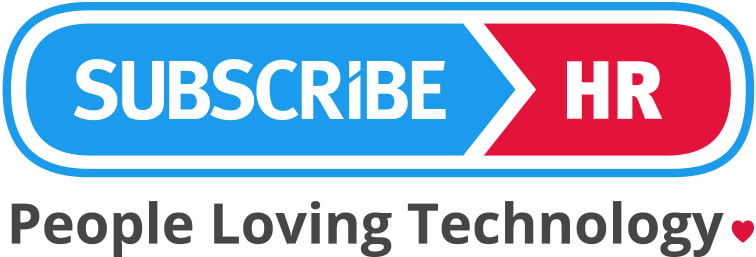Does HR contribute to revenue to your business? Does HR contribute to profit? When you ask C-level executives these questions, you might get a few answering ‘yes’, most answering ‘maybe’, and some answering with a straightforward ‘no’.
You see, for several years now, HR has been perceived to generate little or no effect on revenue, let alone profit or growth. Some believe an HR Manager’s role is comprised of trivial, admin tasks. The ugly truth is that some HR Managers do fall into this pattern of day-to-day operational tasks and overlooks opportunities to make a strategic impact, further reinforcing this perception. Unfortunately, in some cases, HR is reduced to be nothing better than a glorified administrative department.
But the role of HR is changing.
Organisations are constantly competing in a race for higher revenue, more profit and faster growth. In their search for success, they are always looking for new ways to help them achieve it. As they recognise the value people bring to the organisation, more and more, they believe HR has the potential to help them achieve these goals.
In addition, most organisations are beginning to outsource transactional HR functions such as payroll, benefits administration and record keeping to get cost efficiencies. Without these tasks, HR’s main role is put in the spotlight, and the value they could deliver to an organisation is being highlighted.
From a recent survey, leading expert on HR competency models, Professor David Ulrich of the University of Michigan sees the business landscape in a 20-20-60 proportion, whereby:
- 20% of the executives surveyed currently use their HR department as an active and innovative business solution partner
- Another 20% believe that HR departments should remain n administrative overhead, only performing transactional work
- The remaining 60% see the potential of HR and are expecting HR to partner with other departments to improve the company’s core competencies and competitive advantages
The new role of HR: Revenue Enhancer
For this 60%, the HR department represents a strategic business component that has potential to deliver real results. These CEOs will demand HR’s participation and contribution to the organisations’ business plan.
In addition to this, individual professional silos are being knocked down. Departments within an organisation are no longer stand-alone entities, and inter-departmental collaboration will be mandated. HR will be required to work with other departments such as finance, sales, marketing, operations and IT to collectively agree on a business plan.
Post this, they will be required to develop their strategic HR initiatives informed by said business plan to achieve the agreed objectives.
What does this mean for the HR Manager?
With the new role of the revenue enhancer, and HR Manager must now be equipped with the following skills:
1. Strategic thinking
First, HR Managers must understand that they bring value to the organisation beyond administrative tasks. Then they must understand the role of HR in the strategic sense, i.e., determining how HR can contribute to revenue and ultimately growth. Perhaps it is by recruiting the right people, or providing better training, or developing better corporate communication processes.
Overall, the HR Manager needs to shift their focus from trivial admin tasks to strategic level initiatives.
2. Outcome-focused
HR, as a function, was never measured on KPIs such as revenue, profit or growth. But for HR Managers to contribute to the new Revenue Enhancer role of HR, every HR initiative must be measured. For instance, a certain recruitment channel should be measured on several metrics including: the quality of candidates it delivered, the performance of the selected candidate, and how the candidate contributed to the business’ revenue.
Essentially, every HR Manager must become an outcome-focused HR practitioner instead of a task-focused administrative assistant.
3. Collaboration
Previously, and even currently in some organisations, HR is an isolated department. In order to fulfill their responsibility and contribute to revenue, HR will need to collaborate with other departments. In the simplest of examples, HR might need to work with IT to implement a new tool to improve internal communication processes, and they may also need to work with marketers to leverage new channels for recruitment purposes.
As a result, HR Managers not only need to be skilled communicators, they need to be skilled collaborators.
To learn more about the role of HR, download our free White Paper.



